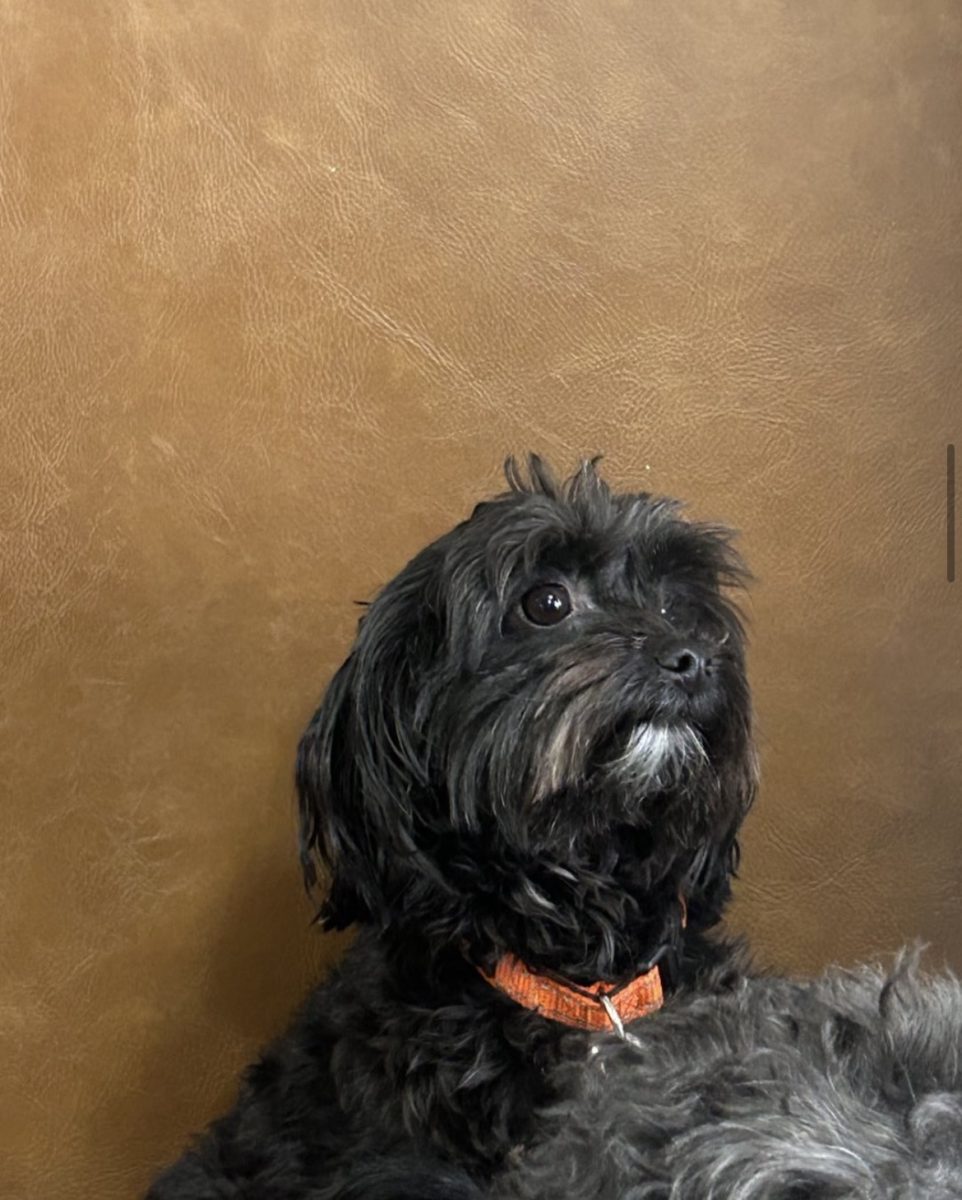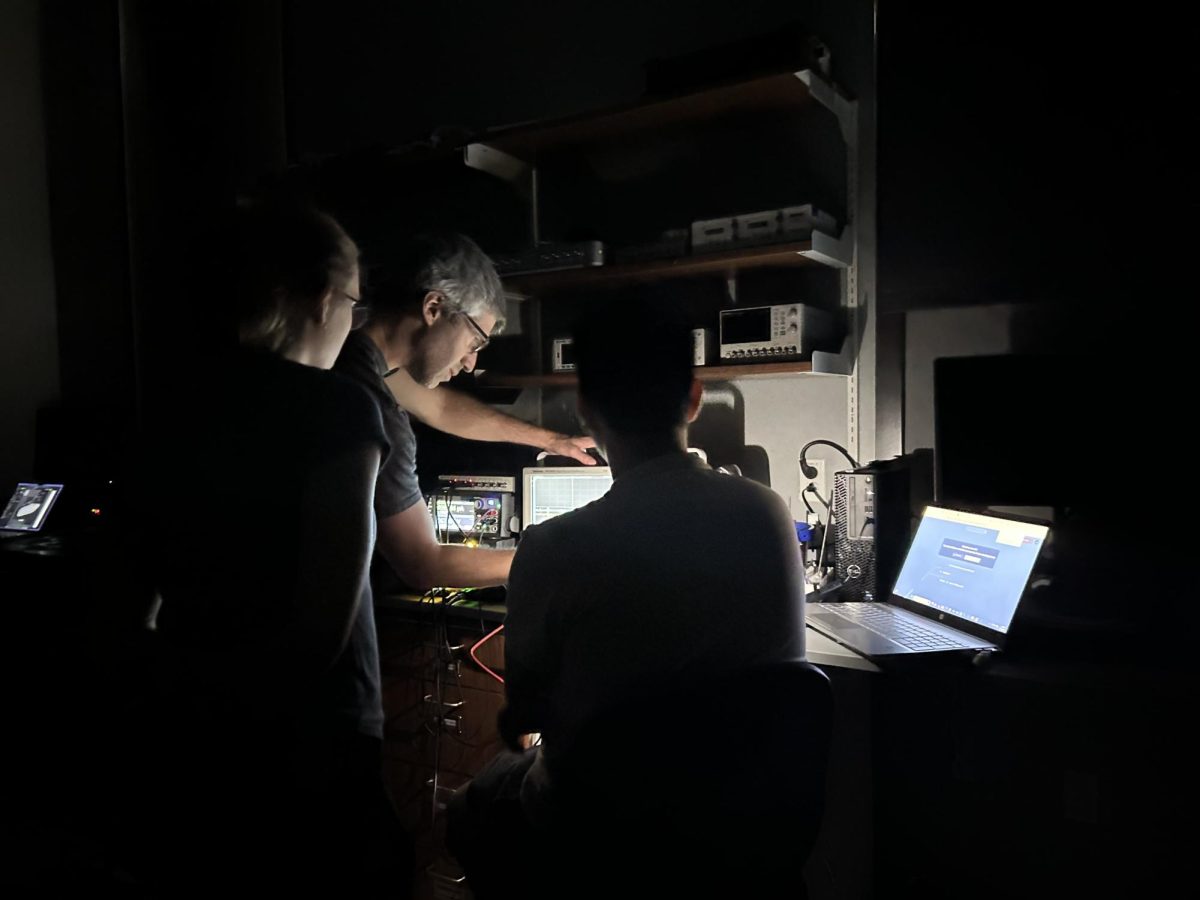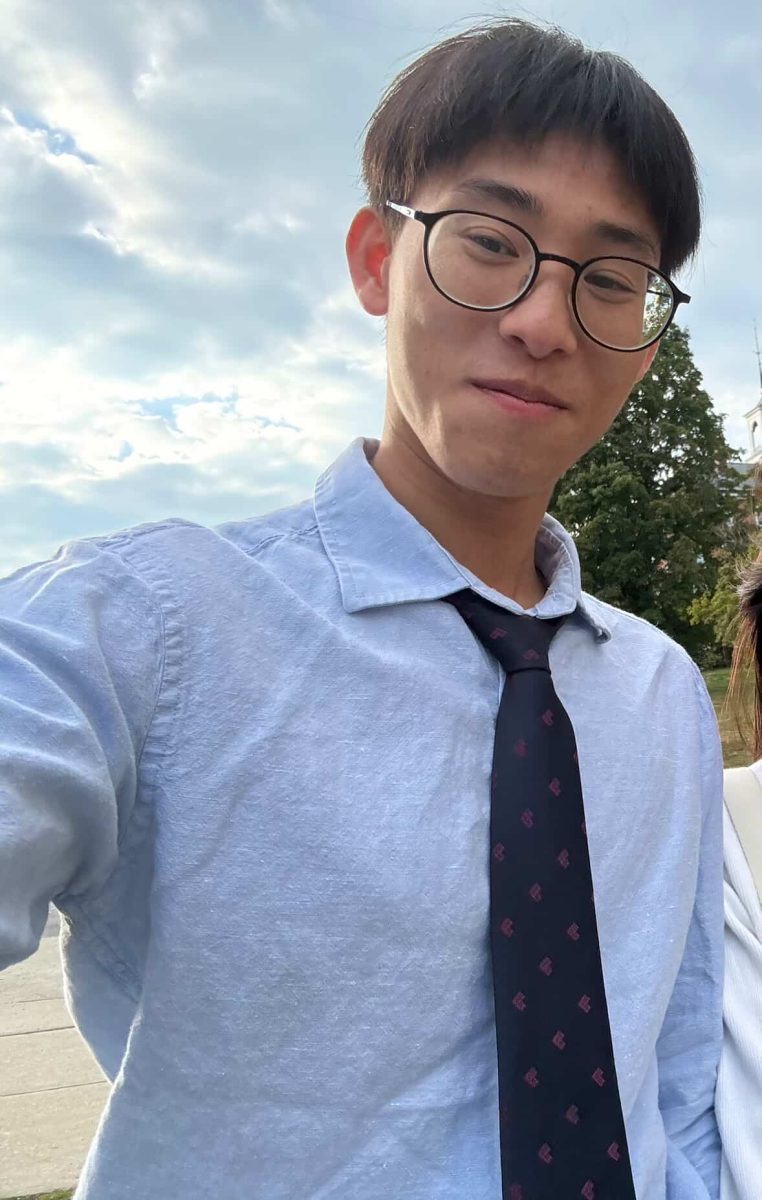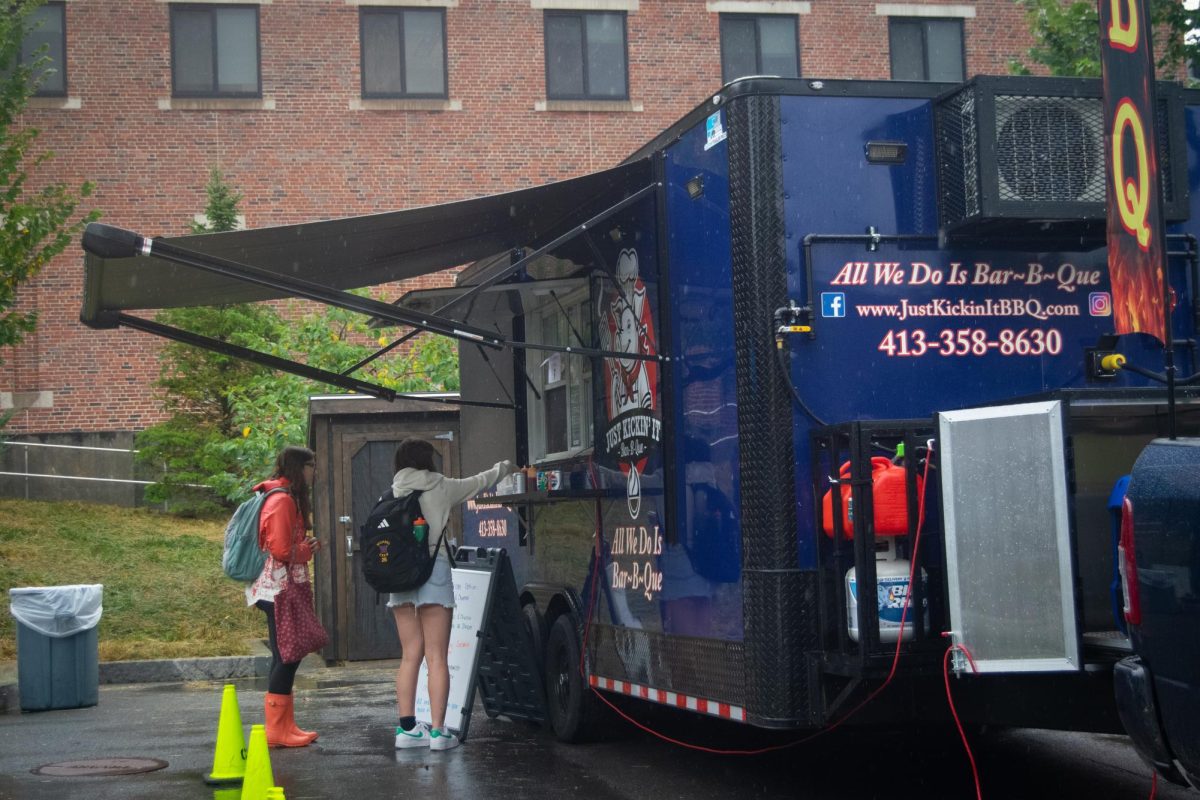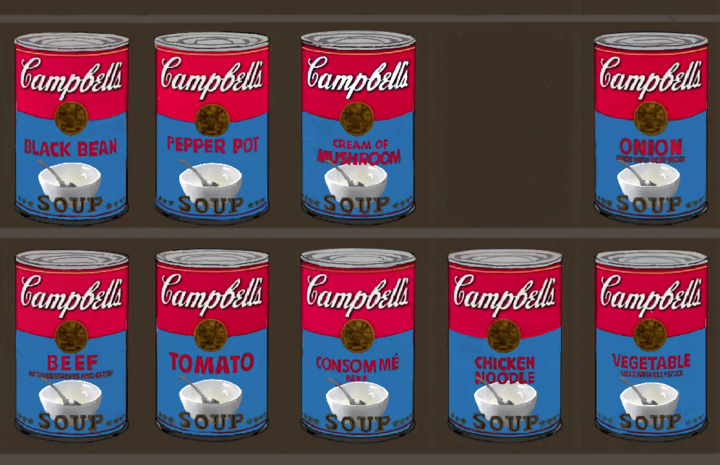
Rito Tanaka ’23 had a rather boring Monday. “Nothing Interesting Happened Today,” he wrote in his blog, Live From Quarantined Williamstown, before summarizing his day with a simple and evocative emoticon: ‘ :[ ’.
Tanaka’s post probably captures how many members of the College community are feeling as the U.S. nears its third month of stay-at-home orders, remote classes and social isolation. Every day, Tanaka writes a new post capturing some key moment from that day, providing a time capsule for a campus and nation under quarantine.
Special Collections’ Covid-19 Williams Experience Project is working to archive blogs like Tanaka’s, as well as committee minutes, official College websites, photographs, student journals, memes and at least one art project.
Jessika Drmacich, who normally works as a records manager and digital resources archivist at the College, is spearheading the effort to preserve such records. “In light of these extraordinary and very strange times, we felt, as a library…that we would like to document all the voices of occurrences of what is going on in a variety of mediums,” she said.
Drmacich has made a point of archiving both formal and informal records, from students and staff as well as administrators, in order to provide a more holistic perspective on the pandemic. “I am earnestly collecting from Hopkins Hall and administrative offices,” she said, “but it’s really important for me to be able to grab all the voices, or else history becomes a top-down viewpoint.”
“One of my favorite things I’m collecting is the memes of the students, which have been really cool, and also heartbreaking, but also a great way to see snippets [of] how student culture is being affected by this,” Drmacich added. “I’ve collected memes for a long time, but this is just a really significant period for that.”
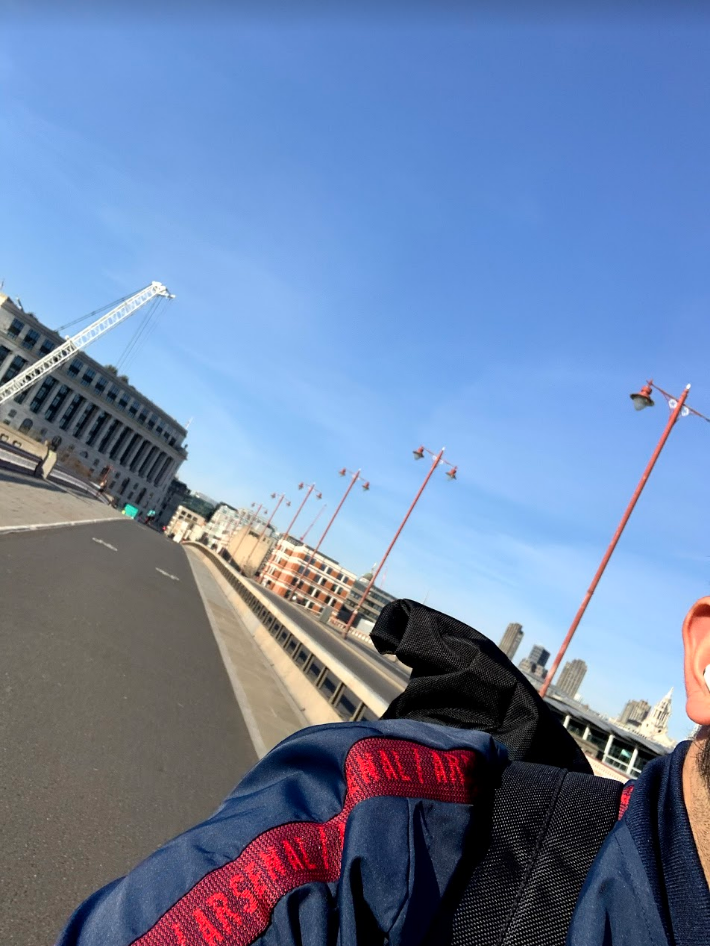
The project began among student workers in the library as a form of paid remote work, but on March 31, Drmacich sent out a public call for submissions in Daily Messages. Currently, four blogs, four journals and dozens of photos and memes have been archived.
“I’ve tried to not think about what others will think about my writings, in an effort to stay true to myself,” Tanaka said of his blog. “I want to present life in quarantined Williamstown exactly as it is, with all its highs and lows, its times of excitement and boredom.”
Sometimes, Tanaka’s blog focuses specifically on the effects of COVID-19 on daily life, but oftentimes the blog simply muses on life itself. One post from April 22 exclaims with indignation, “it’s SNOWING OUTSIDE? WHEN IT’S ALMOST MAY?”

Kristen Altman ’22, whose blog Ephless is also being archived as part of the project, approaches life during the pandemic as an opportunity to make steadily more nihilistic jokes. Her first post, from March 23, recounts her experience of “breaking up” with the College: “I, like 2,000 Williams students, have just had the unique experience of being dumped by my college. It’s not you but —
Let’s give it a few months.
We just need some space.”
“My intended audience for the blog lives somewhere in the future,” Altman said. “Because Special Collections archives Ephless each week, I’m thinking more of the post-COVID-19 reader, a few months or years from now, seeing the Williams 2020 experience and thinking, ‘Wow, I’m so glad that’s not me.’”
Hayden Gillooly ’21, who had been studying abroad in Spain prior to the pandemic, submitted her journals about her chaotic experience of returning home. “In my journal submissions, I tried to convey the wide range of emotions that came with finding out that I had to leave Spain so abruptly,” she said. “It was such a whirlwind, all happening so quickly, and my experience is not unique.”
Gillooly also submitted an unorthodox archival material: texts with her mom and boyfriend. “I think that they show a lot of raw emotion and reaction in the experience I was having,” she said. “I was too stressed and overwhelmed to journal, but these texts really document my immediate reflections on the situation and the hourly changes in plans.”
Special Collections is not the only College department interested in preserving COVID-19 experiences. Human Resources has worked to gather perspectives from the children of faculty and staff, asking them via a Google form questions like “What is it like to be home with a parent right now?” and “What is something that you have done with your parent while you are home?”
“We decided to try and capture the unique situation of those juggling families and work, as a way to give employees and their kids an outlet to share the ‘new normal,’” Manager of Spouse/Partner Resources Cecilia Hirsch said. “We hope [the responses] will show the common humor, frustration and upended schedules that most are experiencing.”
The department has also participated in a second project, called the “Front Steps Project,” which photographs community members on their front steps and raises funds for the North Adams Food Pantry.
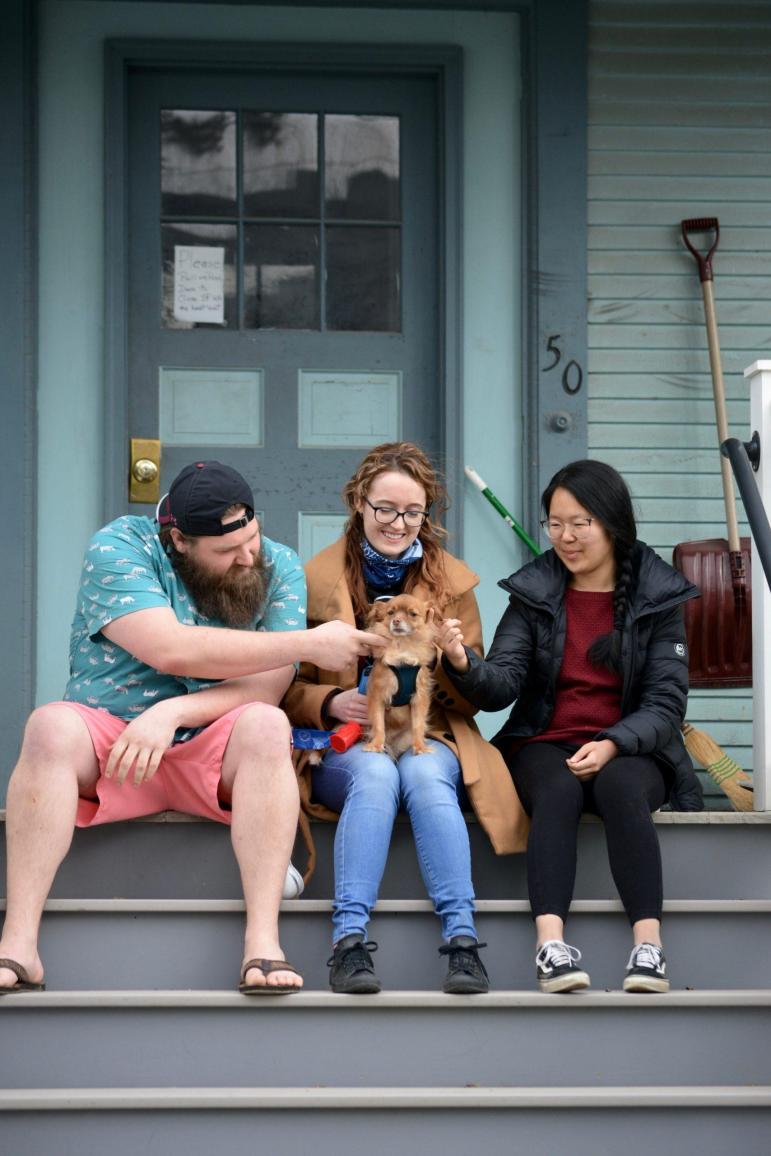
The Zilkha Center has also collected submissions from students, faculty and staff as part of two separate projects: one to thank Dining workers, and one to detail ways community members have sustained themselves emotionally. Both projects will be preserved as part of the broader Special Collections archive.
Drmacich noted that, unlike the material she usually is tasked with archiving, she has already received multiple requests for the COVID-19 archive even as it still takes shape. “Usually there’s a separation, a historical period of separation, whether it be a year, or a couple years, where people start wanting to access it more,” she said. “But I’ve had requests immediately for access to this material.”
“I think it would be horrible if we weren’t collecting it right now,” Drmacich said for the future benefits of the project. “There will be more pandemics, and there will be more crazy situations as the world changes, and this hopefully will shed light onto how the College handles these unprecedented situations.”




